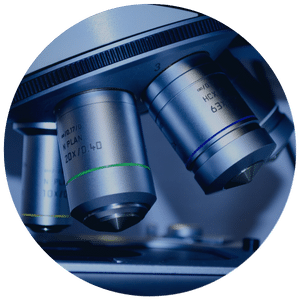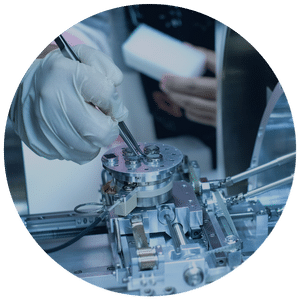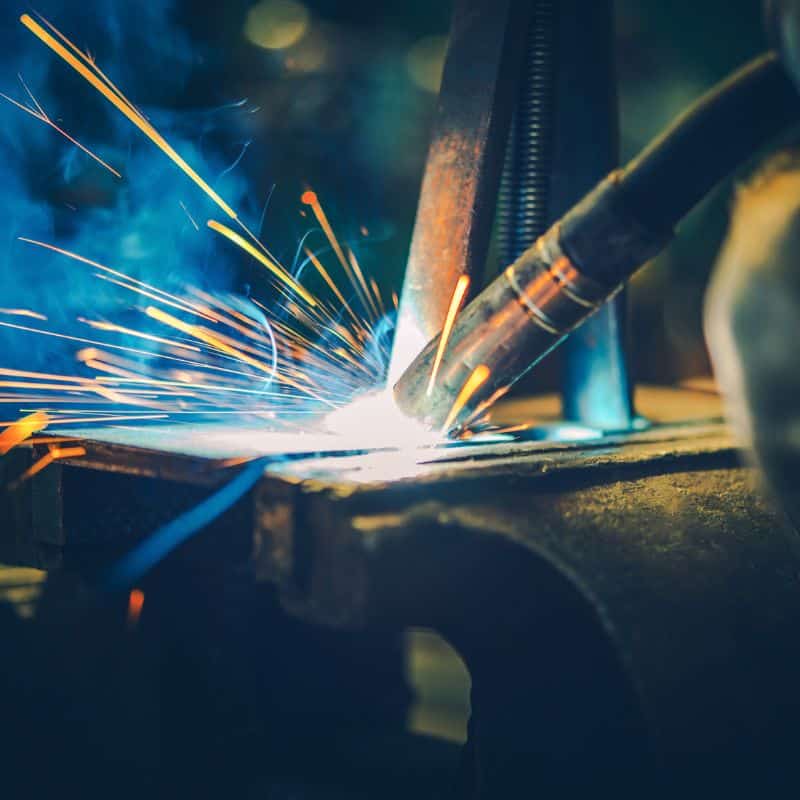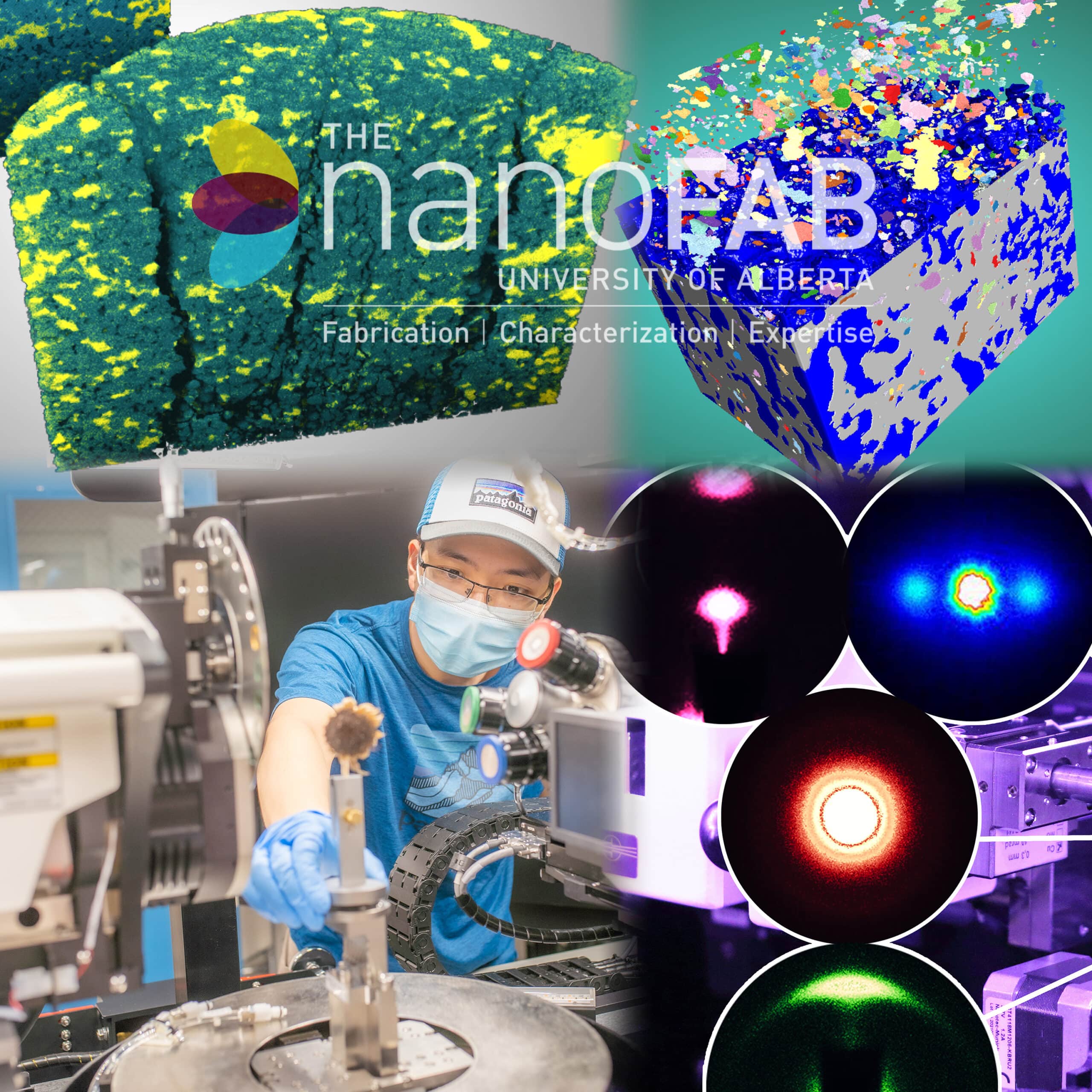Workshops
CMSC 2024 is set to offer five exciting workshops for participants to register for. All workshops will take place on May 22nd, 2024. The specific room assignments are yet to be determined.
Register for a Workshop
Discover specialized learning opportunities tailored to your interests by registering for individual workshops!
You are not required to register for the conference to purchase a workshop ticket.
If you plan on attending the conference, add the workshop to your registration.
Workshop I: Computer Vision-Guided Deep Learning for Materials Science and Engineering

Length/Agenda: Morning 3 hours (9am-12pm) total with coffee/tea breaks.
Speakers and their Affiliations: Dr. Kasra Rezasefat (University of Alberta), Dr. Milad Nazarahari (Assistant Prof. University of Alberta), and Dr. James Hogan (Associate Prof. University of Alberta)
This workshop will explore how computer vision and deep learning are applied in the field of materials science and engineering. Participants will learn about the practical use of these technologies in materials research and development. The workshop will cover topics such as the basics of computer vision, the role of deep learning in materials analysis(including image analysis, object recognition, and generative modeling techniques), real-world case studies, and hands-on exercises. Participants will learn about the practical use of these technologies in materials research and development, including applications in materials characterization, microstructure analysis, defect detection, and quality control. By the end of the workshop, attendees will have a better understanding of how computer vision-guided deep learning is changing the landscape of materials science and engineering.
Workshop folder here. If there is interest, please browse and bring questions for Q&A.
Workshop II: Preparing for Academic Job Applications for New Graduates

Length/Agenda: Afternoon 2.5 hours (1:30pm-4pm) total with coffee/tea breaks.
Speakers and their Affiliations: Dr. James Hogan (Associate Prof. University of Alberta)
This workshop will cover topics related to applying for an academic position in Canada and developing an academic CV, including considerations for being a Prof; CV development; academic job application components and process; application review; screening call structure and questions; and interview structure, preparation, and questions. Examples of application components and interview content will be shared during and after the workshop, and there will be interactive in-workshop exercises (e.g., CV review, and mock interviews). Participants are requested to bring a paper copy of their CV for feedback during the workshop.
Workshop folder here. If there is interest, please browse and bring questions for Q&A.
Workshop III: Solidification for Welding, Joining and Additive Manufacturing

Length/Agenda: Morning 3 hours (9am-12pm) total with coffee/tea breaks.
Speakers and their Affiliations: Dr. Leijun Li (Prof. University of Alberta) and Dr. Olanrewaju Ojo (Prof. University of Manitoba)
This workshop introduces the solidification of alloys in a molten pool by the moving heat source, which is widely used in fusion welding and additive manufacturing. The liquid-solid diffusion-controlled solidification, which is relevant in diffusion brazing, sintering and diffusion welding, will also be introduced. Specific topics include the thermal cycle, epitaxial nucleation, competitive growth, segregation and dendritic formation, rapid cooling effects, partially melted zone, ferrous alloys, and non-ferrous alloys.
Workshop IV: TeXSupport: LaTeX for the Beginner

Length/Agenda: Afternoon 3 hours (1:30pm-4:30pm) total with coffee/tea breaks.
Speakers and their Affiliations: Dr. Beth Sterling Lee (Lab instructor University of Alberta)
Would you like to typeset your next paper or thesis with LaTeX, but are not sure where to start? We will be hosting a workshop to explain the basics. This short session will be tailored to the needs of attendees and is suitable for those who have little to no experience with LaTeX. A laptop is required for this session. Instructions will be provided prior to the session for setting up your computer with LaTeX.
Topics include:
- Getting started with LaTeX using software or a cloud-based editor;
- Typesetting your first document;
- Basic formatting;
- Tables, figures, and equations;
- Applying a template to a paper or thesis.
Workshop V: Advanced Material Characterization: 2D, 3D, and In-situ Microscopy and Spectroscopy (XRD, FIB/SEM and XRM)

Length/Agenda:
- 9:15am-12:00pm: presentations (3 talks)
- 12:00pm-1:30pm: Lunch (provided by nanoFAB and sponsors to registered attendees)
- 1:30pm-4:00pm: Hands-on demonstrations (nanoFAB facility at CME labs). Three demos are running in parallel. Attendees are required to select one. Space of each demo is limited.
Workshop Coordinators: Peng Li (Peng.Li@ualberta.ca), Nas Yousefi (nastara1@ualberta.ca), and Griselda Sukmoro (sukmoro@ualberta.ca)
Speakers and their Affiliations:
- X-Ray Diffraction for Materials Research – using the D8 Discover Plus for high resolution analysis of thin films, texture, residual stress, and GI-SAXS, Dr. Benjamin Krueger, Application Scientist at Bruker AXS
- Beyond Gallium: Advancing Materials Characterizations with Helios 5 Hydra Multi Ions Species Plasma FIB, Dr. Ken Wu, Sr Product Specialist for SEM/SDB at ThermoFisher Scientific/System for Research
- Materials in 3D/4D: X-ray Microscopy as a Means to Connect Morphology, Microstructure, and Performance, Dr. William Harris, Product Marketing Manager, XRM for Materials Science at Zeiss Microscopy/Edge Scientific
Advanced material characterization techniques available at the nanoFAB Centre will be introduced to the workshop attendees, including XRD/SAXS, FIB/SEM Tomography and X-Ray Microscopy. Presentations and hands-on demonstrations will be provided by the application scientists from Bruker, ThermoFisher Scientific/SFR and Zeiss/Edge Scientific, highlighting three equipment that are commissioned and available at the nanoFAB Centre:
- Bruker D8D plus XRD/SAXS system
- ThermoFisher Helios Hydra plasma FIB/SEM dual beam system
- Zeiss Xradia Versa 620 X-Ray Microscopy
Basic principles, example applications and recent developments in related instrumentation will be included.


